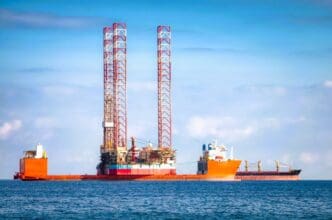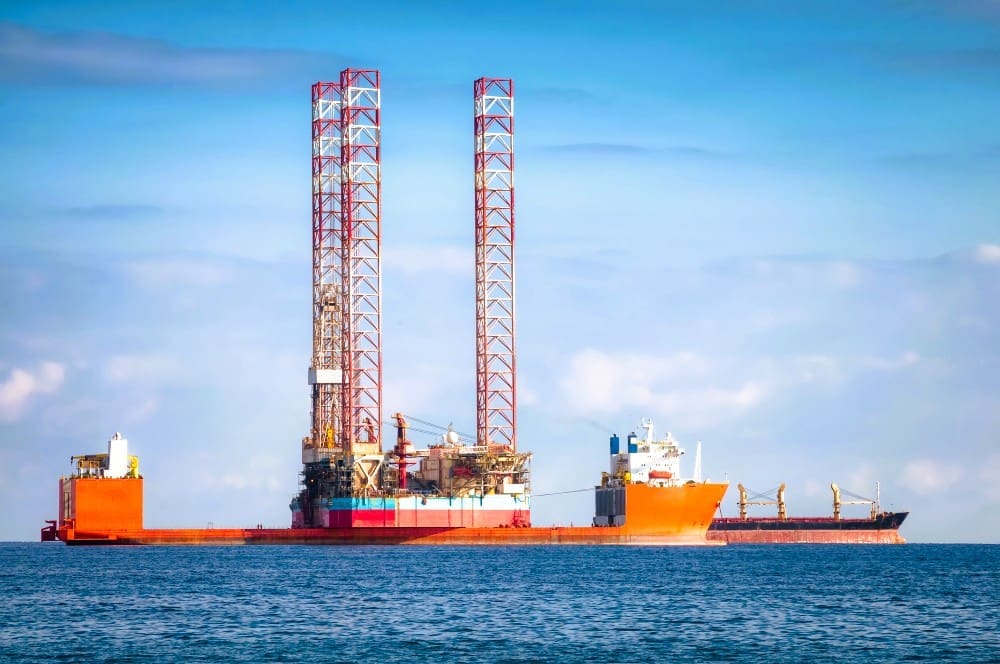The recent decision by the United States to bypass ongoing international negotiations and unilaterally permit US-backed mining operations in international waters has sparked concerns over a potentially environmentally damaging gold rush in the 21st century. The European Union is among those questioning the legality of this move.
An executive order from President Donald Trump was issued shortly after the UN’s International Seabed Authority (ISA) concluded its 30th session in Jamaica without finalizing regulations for the safe and sustainable exploitation of mineral resources. This delay effectively extends a global moratorium on seabed mining.
The European Commission expressed regret over the US president’s order, highlighting that it undermines the negotiations within the ISA, an organization established under the United Nations Convention on the Law of the Sea (UNCLOS). A spokesperson for the EU emphasized that the 1982 convention provides the legal framework for all ocean and sea activities, balancing state interests with the protection of the international community’s common interests.
Although the United States has not ratified UNCLOS, due to historical skepticism from President Ronald Reagan and opposition from some Republican lawmakers, the convention is largely viewed as reflecting basic international law. The EU maintains that its provisions, representing customary international law, are binding on all nations, regardless of their formal accession.
The EU Commission stated that the convention contributes to sustainable development, peace, security, cooperation, and friendly international relations by establishing legal order for seas and oceans.
Concerns over the US’s approach have been echoed by experts and environmentalists. Douglas McCauley, a professor at UC Santa Barbara and the University of California, Berkeley, criticized the move as illegal and potentially counterproductive, labeling the US as the “first pirate mining operation” in international waters. He emphasized the importance of regulatory frameworks to manage mineral extraction activities.
Duncan Currie, a legal and policy advisor at the Deep Sea Conservation Coalition, described the unilateral action as a breach of international law that disrupts decades of legal precedent established by the UN Convention on the Law of the Sea. He warned that it could destabilize global ocean governance and negatively impact Pacific nations.
China’s response mirrored these concerns, with a foreign ministry spokesperson asserting that mineral exploration and exploitation in international seabed areas must adhere to UNCLOS and the ISA framework.
While Trump’s order has heightened global tensions regarding the allocation of remaining global commons, these tensions predate his administration. Under President Joe Biden, the US completed an extensive oceanographic research project, aiming to delineate nearly a million square kilometers of ‘extended continental shelf’ areas beyond its exclusive economic zone. This claim, referenced in Trump’s order, was based on UNCLOS criteria and customary international law.
Despite China’s criticism of Trump’s order, it had previously questioned the US’s claims on its extended continental shelf, given the US’s non-ratification of UNCLOS. The influence of China within the ISA and the absence of US influence are factors in ongoing efforts to persuade Congress to ratify the convention.








